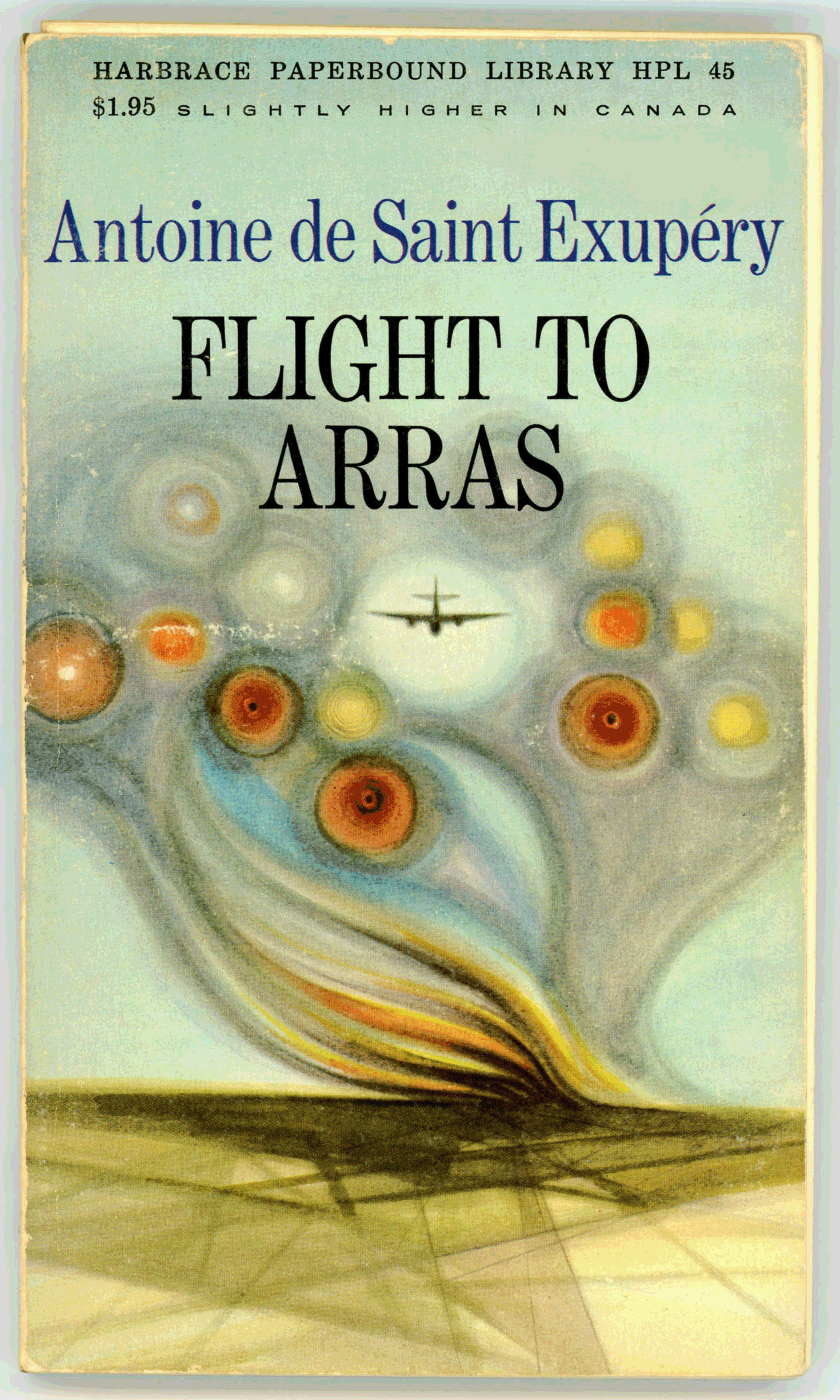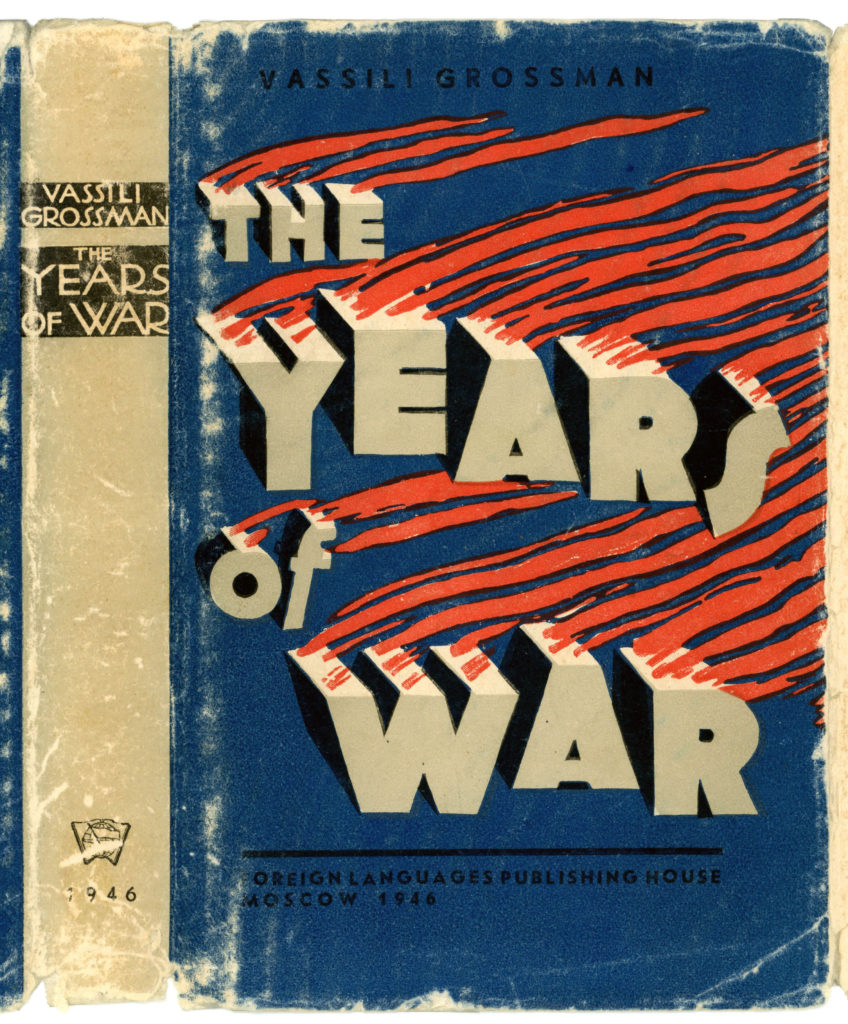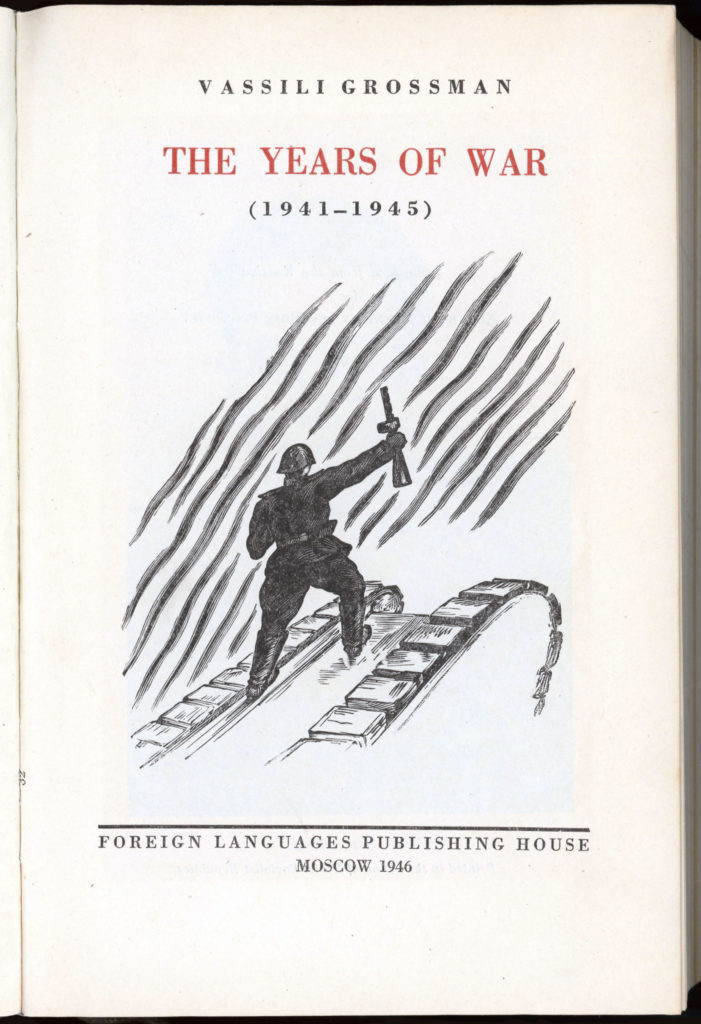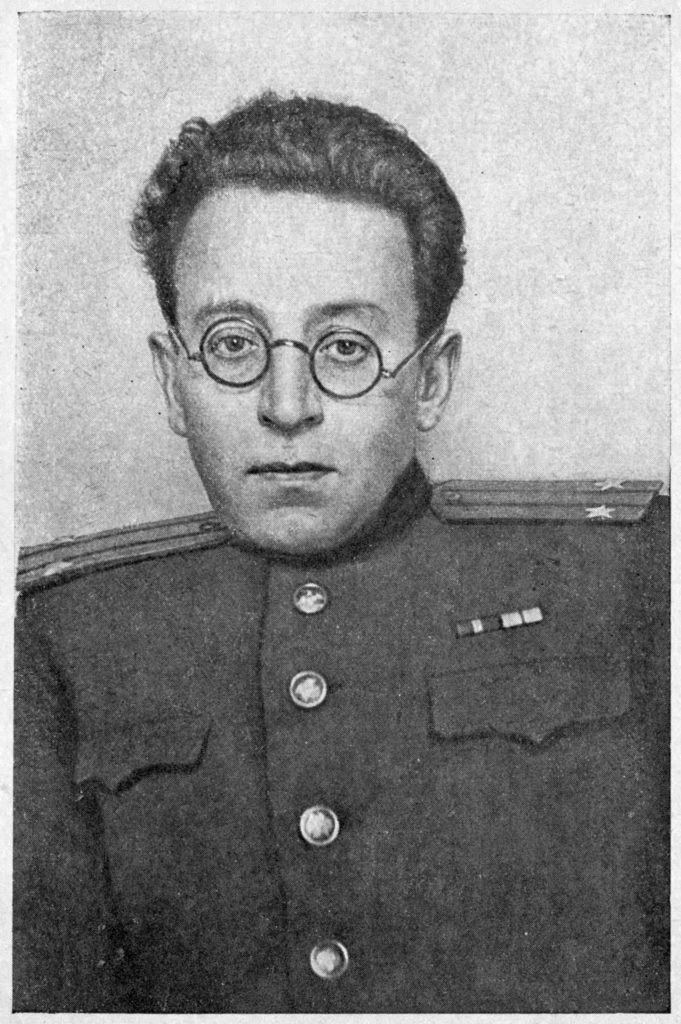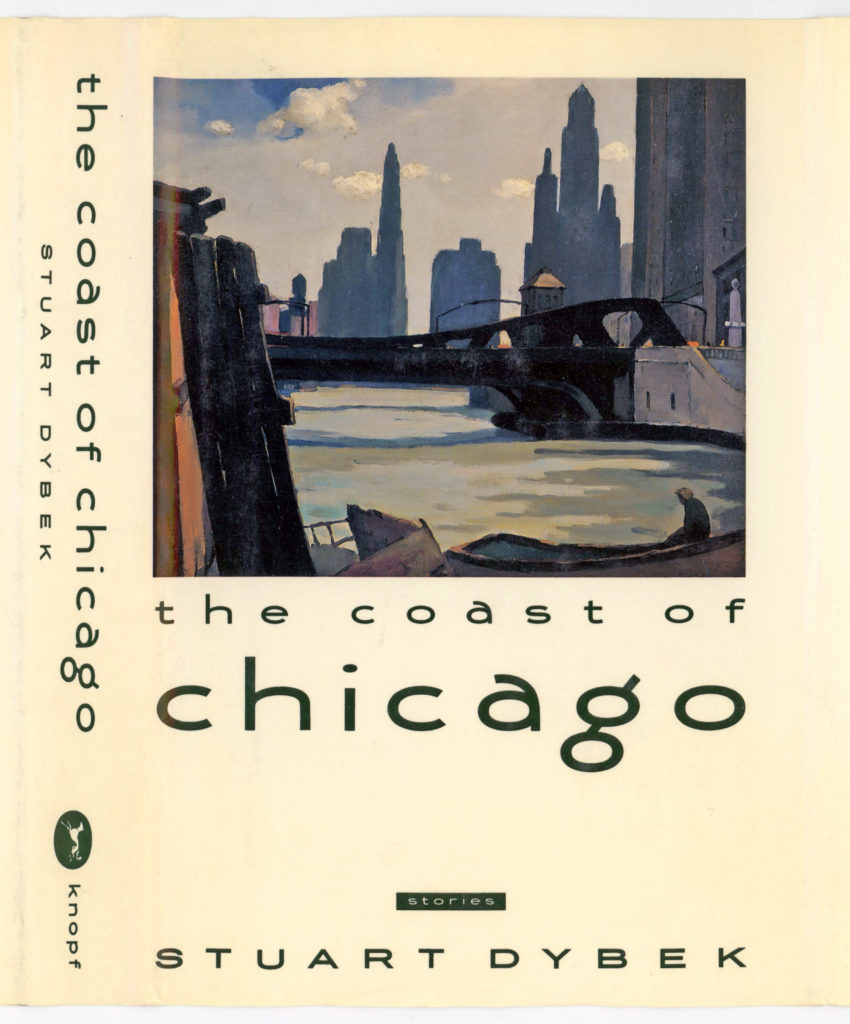 Welsh had never been in combat.
Welsh had never been in combat.
But he had lived for a long time with a lot of men who had.
And he had pretty well lost his belief in,
as well as his awe of,
the mystique of human combat.
Old vets from the First World War,
younger men who had been with the Fifteenth Infantry in China,
for years he had sat around getting drunk with them
and listening to their drunken stories of melancholy bravery.
He had watched the stories grow with the years and the drinking sprees,
and he had been able to form only one conclusion
and that was that every old vet was a hero.
How so many heroes survived and so many non-heroes got knocked off,
Welsh could not answer.
But every old vet was a hero.
If you did not believe it, you had only to ask them,
or better yet, get them drunk and not ask them.
There just wasn’t any other kind.
One of the hazards of professional soldiering was that every twenty years,
regular as clockwork,
that portion of the human race to which you belonged,
whatever its politics or ideals about humanity,
was going to get involved in a war,
and you might have to fight in it.
About the only way out of this mathematical hazard
was to enlist immediately after one war
and hope you would be too old for the next; you might just make it.
But to accomplish that you had to be of a certain age at just exactly the right time,
and that was rare.
But it was either that, or enlist in the Quartermaster Corps or some such branch.
Welsh had already understood all this when he enlisted in 1930
exactly between wars at the age of twenty,
but he had gone ahead and enlisted anyway.
He had gone ahead and enlisted,
and he had enlisted in the Infantry.
Not in the Quartermaster Corps.
And he had stayed in Infantry.
And this amused Welsh too.
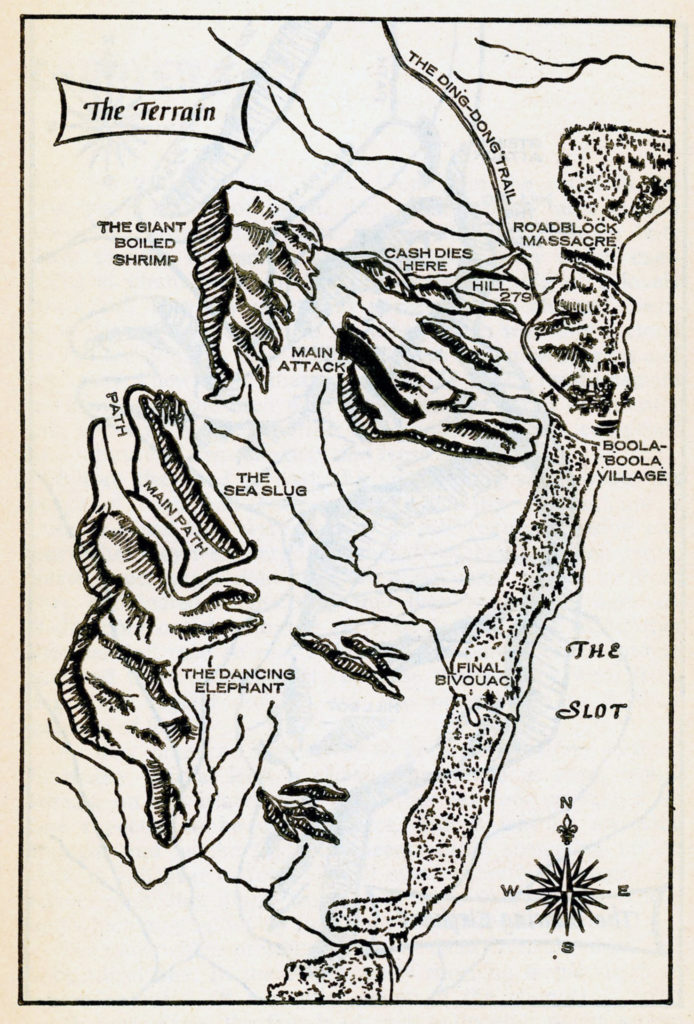 Doll had learned something during the past six months of his life.
Doll had learned something during the past six months of his life.
Chiefly what he had learned was that everybody lived by a selected fiction.
Nobody was really what he pretended to be.
It was as if everybody made up a fiction story about himself,
and then he just pretended to everybody that that was what he was.
And everybody believed him, or at least accepted his fiction story.
Doll did not know if everybody learned this about life
when they reached a certain age,
but he suspected that they did.
They just didn’t tell it to anybody.
And rightly so.
Obviously, if they told anybody,
then their own fiction story about themselves wouldn’t be true either.
So everybody had to learned it for himself.
And then, of course, pretend he hadn’t learned it.
Doll’s own first experience of this phenomenon had come from,
or at least begun with,
a fight he had had six months ago with one of the biggest,
toughest men in C-for-Charlie,
Corporal Jenks.
They had fought each other to a standstill,
because neither would give up,
until finally it was called a sort of draw-by-exhaustion.
But it wasn’t this so much as it was the sudden realization
that Corporal Jenks was just as nervous about having the fight as he was,
and did not really want to fight any more than he did,
which had suddenly opened Doll’s eyes.
Once he’d seen it here, in Jenks, he began to see it everywhere,
in everybody.
 Yes, makin’ mock o’ uniforms that guard you while you sleep
Yes, makin’ mock o’ uniforms that guard you while you sleep
Is cheaper than them uniforms, an’ they’re starvation cheap;
An’ hustlin’ drunken soldiers when they’re goin’ large a bit
Is five times better business than paradin’ in full kit.
Then it’s Tommy this, an’ Tommy that, an’ “Tommy, ‘ow’s yer soul?”
But it’s “Thin red line of ‘eroes” when the drums begin to roll –
The drums begin to roll, my boys, the drums begin to roll,
O it’s “Thin red line of ‘eroes” when the drums begin to roll.
(Rudyard Kipling’s Verse, definitive edition, (1891), 1940)

